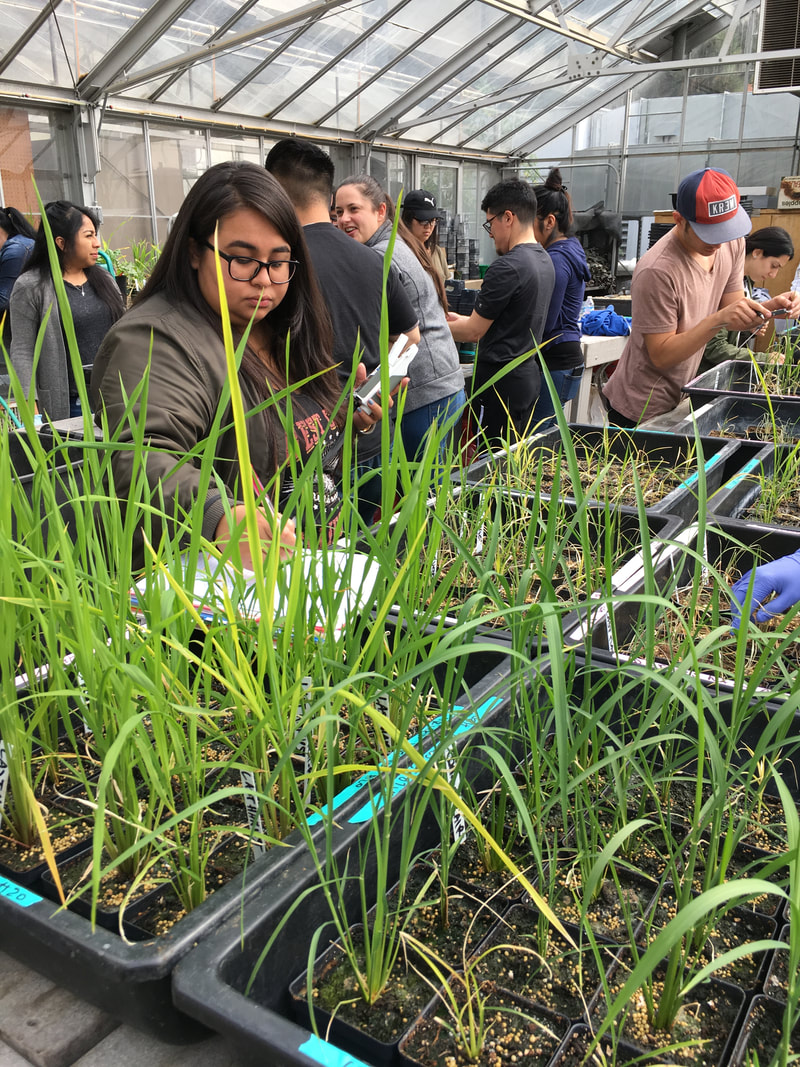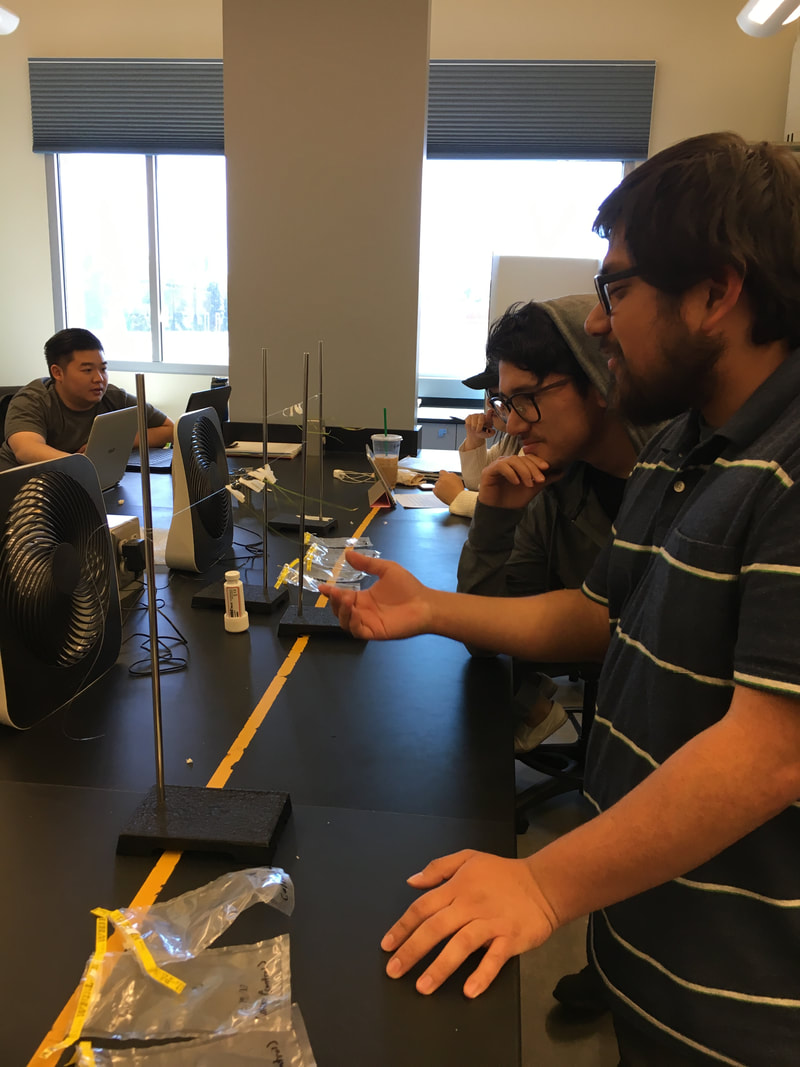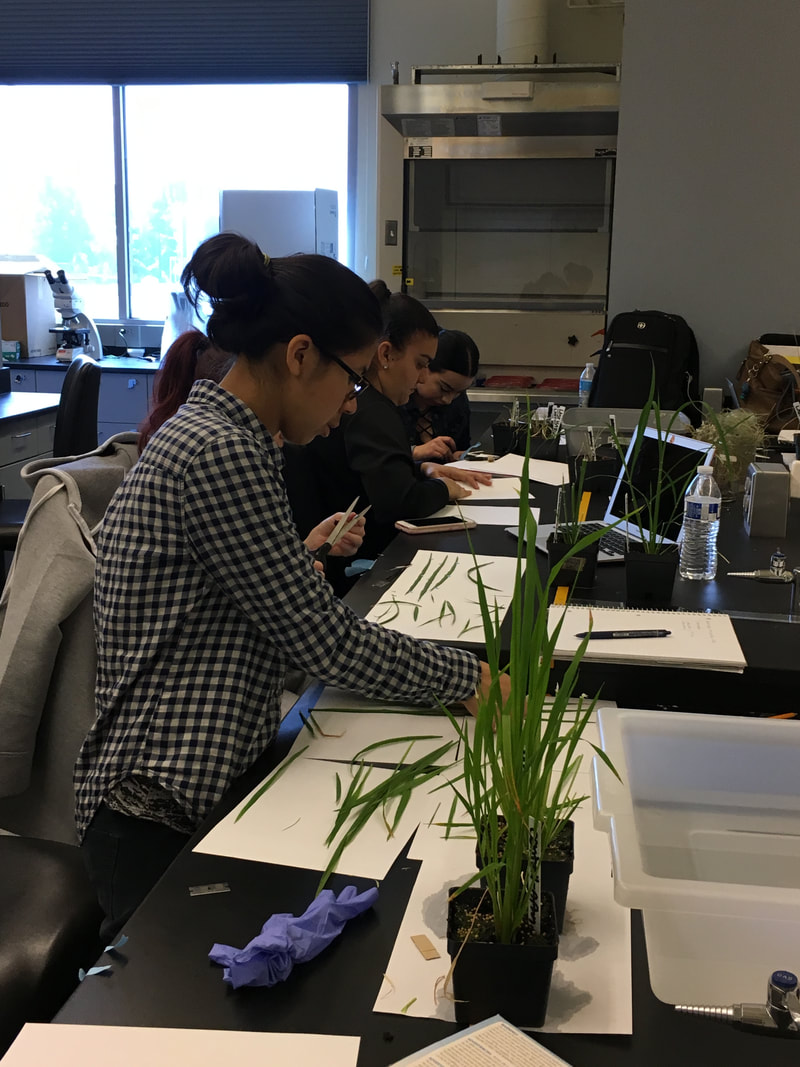Courses
BIOL 3600. Integrative Organismal Biology (Plant half)
Prerequisite: BIOL 3000.
Course will address biological diversity, primarily in plants and animals. Organismal diversity will be presented within an evolutionary context. Relationships between form and function as well as relationships of organisms to their environments will be addressed.
Lecture: 2h30
Class syllabus (Fall 2017)
Prerequisite: BIOL 3000.
Course will address biological diversity, primarily in plants and animals. Organismal diversity will be presented within an evolutionary context. Relationships between form and function as well as relationships of organisms to their environments will be addressed.
Lecture: 2h30
Class syllabus (Fall 2017)
BIOL 3200 - Professional Writing in the Life Sciences
Prerequisites: BIOL 3000, satisfactory completion of the Graduation Writing Assessment Requirement (GWAR).
Introduction to writing techniques and conventions within the life sciences; intensive practice in discipline-specific communication including research papers, reviews, presentations, curriculum vitae, and professional letters.
Activities 4 hours.
Class syllabus (Fall 2017)
BIOL 4300 - Plant Physiology I
Prerequisites: Grade of C or higher in BIOL 1200; CHEM 1110.
In this class we will explore whole plant physiology, anatomy, morphology and development in relation to environmental stresses such as drought. After some general background in plant physiology and anatomy, we will utilize the primary literature to explore the cutting-edge research in plant responses to environmental stresses. The laboratory portion of this course heavily relies on inquiry-based learning. Students will formulate questions which they will set out to test through experimentation and data analysis. The classroom will turn into a cutting-edge research lab, and students will form a team of scientists to test out specific hypotheses. Students will perform a review of the literature on a chosen topic in relation to their experiment. By the end of the semester, experiments will be pooled and a scientific paper will be written and submitted to a peer-review journal. Because science outreach is an important part of science, students will team up during the semester to design a set of outreach activities in relation to their experiments. Towards the end of the semester, we will visit local middle schools to present the activities and engage our community with plant sciences.
Lecture 2h30, laboratory 4 hours.
Prerequisites: Grade of C or higher in BIOL 1200; CHEM 1110.
In this class we will explore whole plant physiology, anatomy, morphology and development in relation to environmental stresses such as drought. After some general background in plant physiology and anatomy, we will utilize the primary literature to explore the cutting-edge research in plant responses to environmental stresses. The laboratory portion of this course heavily relies on inquiry-based learning. Students will formulate questions which they will set out to test through experimentation and data analysis. The classroom will turn into a cutting-edge research lab, and students will form a team of scientists to test out specific hypotheses. Students will perform a review of the literature on a chosen topic in relation to their experiment. By the end of the semester, experiments will be pooled and a scientific paper will be written and submitted to a peer-review journal. Because science outreach is an important part of science, students will team up during the semester to design a set of outreach activities in relation to their experiments. Towards the end of the semester, we will visit local middle schools to present the activities and engage our community with plant sciences.
Lecture 2h30, laboratory 4 hours.
| Class syllabus (Spring 2018) |



